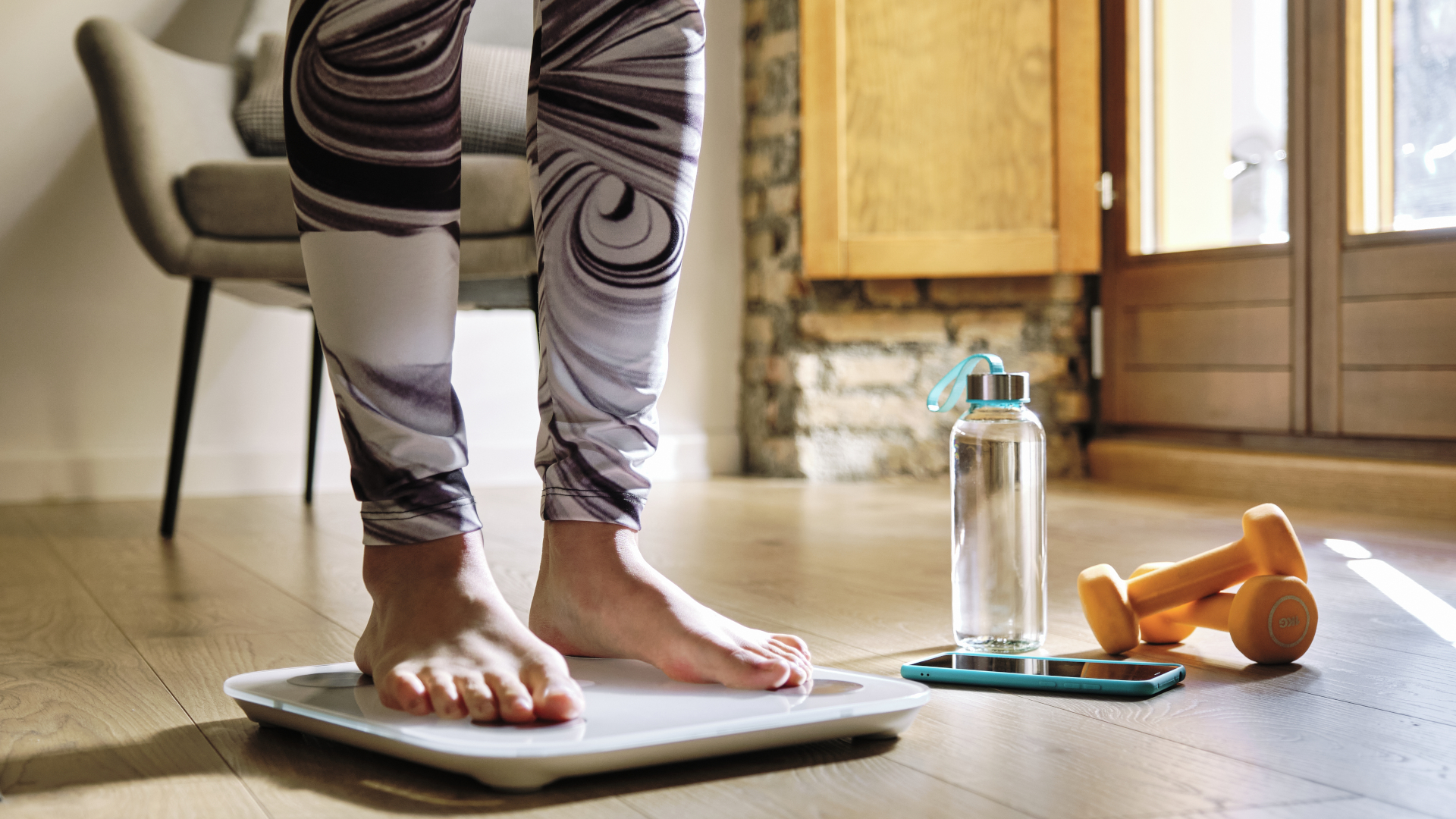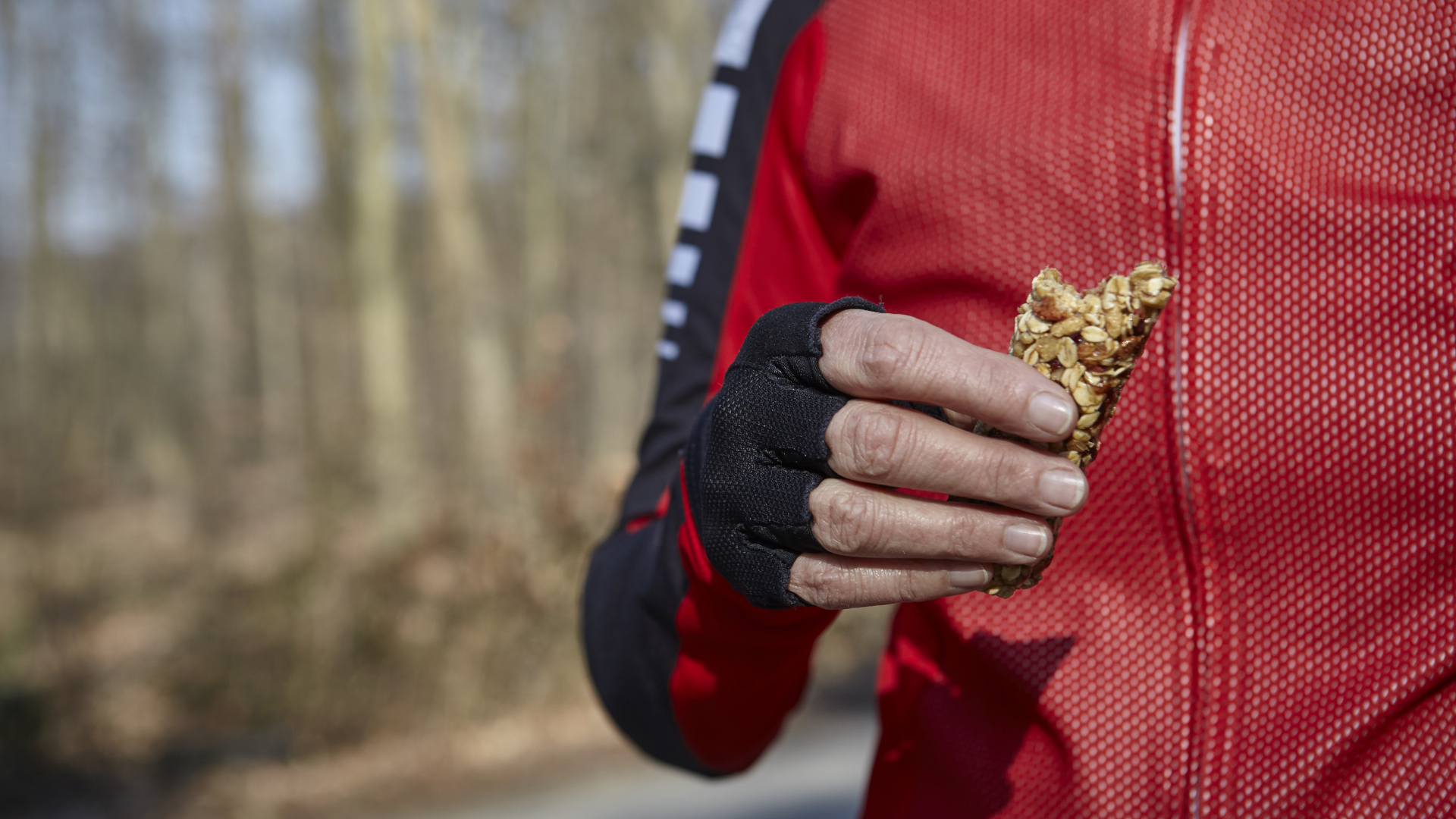How many calories does running burn?
How many calories does running burn? We explain what calories are, how they affect your weight, and how to estimate your calorie expenditure on a run

There are lots of great advantages to picking up the pace in your best trail running shoes. Running regularly improves your cardiovascular health and lowers your mortality risk, according to a 2014 investigation published in the Journal of the College of American Cardiology. It’s also been found to help reduce stress and of course, many of us use it for weight loss. If you’re considering taking up running for weight loss, you probably want to know how many calories does running burn, exactly? In this article, we take a look at how to calculate the caloric impact of your running routine so you understand just how much fuel you’re burning.
What is a calorie?

First, let’s cover some basics. A calorie is a unit that is used to measure energy. According to Live Science, a calorie is a unit of heat or energy that can come from a variety of sources, such as coal or gas, for example. In nutrition, a kilocalorie is a way to measure how much energy you get from food, while in exercise science, it’s a way of determining how much energy you expend doing a given activity.
Calories and weight loss

As you may already know, consuming more calories than you use, or “burn” as it’s generally referred to, leads to weight gain (known as caloric excess), while burning more calories than you consume helps with weight loss (caloric deficit). There are two ways to lose weight: you can reduce the number of calories you consume, or increase your activity level. The latter method is where running comes in, and it’s likely that if weight loss is your goal, you want to know exactly how much bang you’re getting for your buck when you hit the road or trail.
How many calories does running burn?

Though many people use the 100 calories per mile guesstimate, you really need to consider a few important other variables when it comes to figuring out just how many calories you are burning on a run. First, you have to consider how much you weigh. A heavier person will use more energy to move their body than a lighter person, so two people 50lbs apart could run the same distance in the same time and see a different calorie expenditure. As an example, a 120lb person who runs three miles in 30 minutes burns 280 calories, while a 350lb runner burns through 250 calories on the same run.
Next up, you also need to know how far you ran and how long it took you, since your pace and distance also play into things. With these three pieces of information – weight, distance and duration – you can use an online calorie calculator to gain a more accurate idea of how many calories you burn on a run.

However, this still won’t give you the complete picture, because there are other variables involved that influence calorie usage, such as:
- Incline: a steeper hill will usually mean you burn more calories than running on the flat.
- Surface: you’ll typically burn more calories running on a surface like sand or on a trail than you will on a treadmill.
- Weather: running against the wind takes more energy than with a tail wind, and you’ll burn more calories running in cold temperatures than on warm days.
For this reason, we find that while calorie calculators can give you some idea of how many calories you burn running, you’ll actually get the most accurate data by using a fitness tracker or heart rate monitor.
Advnture Newsletter
All the latest inspiration, tips and guides to help you plan your next Advnture!
Consider your diet

Finally, once you’ve got a clear picture of how many calories you’re burning on each run, you’ll need to remember that calories out is only half the story. To lose weight, you’ll also need to pay attention to calories in, AKA how you eat.
If your goal is weight loss, according to the USDA you’ll need to burn, on average, 3,500 more calories than you consume. Breaking this up over a week, that means either reducing your calorie intake by 500 calories a day or increasing your calorie output by 500 calories per day.
If your goal is weight maintenance, you’ll want to make sure that you’re consuming as many calories as you burn, and of course you burn calories all day long, not just when you’re running. Regardless of your goal, you’ll want to work with a qualified nutritionist to ensure you’re obtaining your calories from the best sources possible and making healthy decisions regarding your diet and exercise.
Julia Clarke is a staff writer for Advnture.com and the author of the book Restorative Yoga for Beginners. She loves to explore mountains on foot, bike, skis and belay and then recover on the the yoga mat. Julia graduated with a degree in journalism in 2004 and spent eight years working as a radio presenter in Kansas City, Vermont, Boston and New York City before discovering the joys of the Rocky Mountains. She then detoured west to Colorado and enjoyed 11 years teaching yoga in Vail before returning to her hometown of Glasgow, Scotland in 2020 to focus on family and writing.

